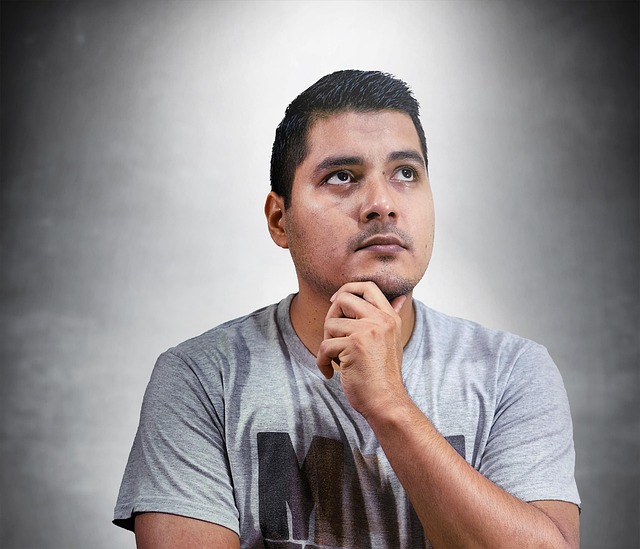Doubt is an integral part of human experience, weaving through the fabric of our lives like a thread of ambiguity. In the realms of existentialism, this feeling of uncertainty takes on profound significance, urging individuals to confront their existence and the meaning—or lack thereof—behind it. This blog delves into the intricate interplay between doubt, science, and modern philosophy, revealing how each element contributes to our understanding of existence.
At its core, science embraces doubt as a vital component of inquiry. The scientific method relies on hypothesis testing, where assumptions are continuously scrutinized and challenged. In this pursuit of knowledge, doubt arises as a catalyst for discovery, pushing boundaries and igniting curiosity. It is through questioning established truths that groundbreaking findings emerge, reshaping our comprehension of reality. This methodology mirrors the existentialist perspective, where questioning the meaning of life and our place in the universe is paramount.
Modern philosophy has taken these reflections on doubt a step further. Thinkers like Jean-Paul Sartre and Simone de Beauvoir explored the concept of ‘existential doubt,’ emphasizing the necessity of wrestling with uncertainty to arrive at authentic existence. Sartre famously declared that existence precedes essence,” suggesting that individuals must create their own meaning in a world devoid of preordained purpose. This theme resonates with those grappling with doubt; it beckons us to embrace the freedom that comes with uncertainty and to forge our path amidst chaos.
Doubt can be unsettling, provoking feelings of anxiety and disillusionment. However, it is also a powerful teacher. When we confront our uncertainties, we begin to peel away layers of societal norms and expectations, revealing our true selves. In the existentialist framework, doubt becomes a gateway for self-discovery—a prompt to question our beliefs, values, and the very essence of our beings.
Moreover, the intersection of science and modern philosophy highlights a shared appreciation for the complexity of existence. Just as scientists form hypotheses only to discard them in light of new evidence, existentialists encourage the perpetual reassessment of our beliefs. This dynamic relationship fosters a deeper understanding of human existence, suggesting that doubt is not a hindrance, but rather an essential component of growth and evolution.
As we navigate the complexities of life, doubt invites us to engage more deeply with our thoughts and feelings. It urges us to explore the unknown, inviting inquiry, creativity, and ultimately, authenticity. In a world that often seeks to provide clear answers, embracing doubt can liberate us from the confines of certainty, leading to a more profound exploration of who we are and what it means to exist.




